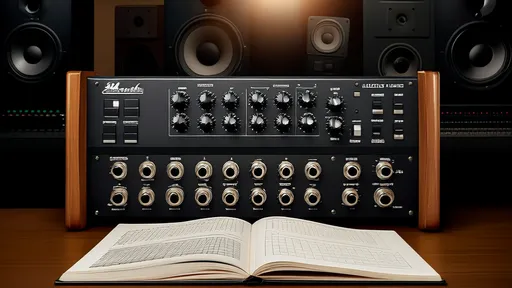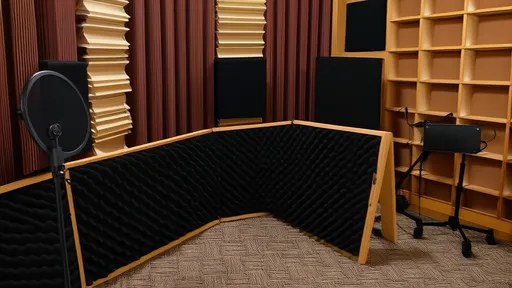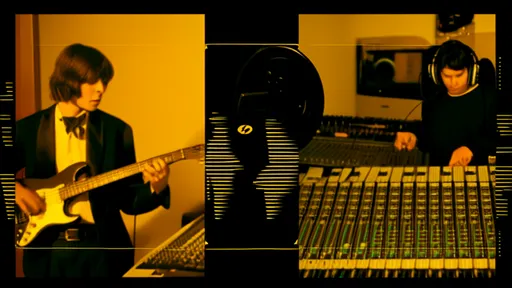In the world of guitar playing, few concepts are as revered and yet as misunderstood as the idea of making your instrument "speak." For generations, musicians have chased the elusive quality of phrasing that mirrors human conversation—a solo that doesn't just dazzle with technical prowess but communicates with the raw, immediate power of a spoken word. It’s an approach that separates memorable performances from mere displays of skill, and it lies at the heart of what makes guitar solos truly transcendent.
The notion of playing like you're talking isn't new. Blues and jazz pioneers like B.B. King and Charlie Christian were early masters of this art, weaving tales of heartache and joy through their strings. They understood that music, at its core, is a language. And like any language, it has its own grammar, punctuation, and cadence. A bend isn't just a bend—it's a question or an exclamation. A pause isn't empty space; it's a breath between sentences. The greats make you forget you're listening to an instrument and instead hear a voice, full of nuance and emotion.
So how does one achieve this conversational quality? It starts with listening—not just to other guitarists, but to people. Notice how speech rises and falls, how tension builds in an argument or softens in a confession. Phrasing is everything. Instead of running through scales at lightning speed, think in terms of sentences. A short, staccato burst might serve as a sharp retort, while a long, sustained note could mimic the drawn-out sigh of someone lost in thought. Dynamics play a crucial role here; whispers and shouts exist in music just as they do in dialogue.
Another key element is call and response, a technique rooted in African musical traditions and deeply embedded in blues and rock. Imagine your guitar engaging in a dialogue with itself—or with the listener. You play a phrase (the call), leave a space (allowing it to resonate), and then answer it with another phrase (the response). This creates a sense of interaction, as if the solo is a living, breathing conversation rather than a monologue. Artists like Stevie Ray Vaughan and David Gilmour excel at this, crafting solos that feel like intimate exchanges.
But it’s not just about what you play; it’s also about what you don’t play. Silence is a powerful tool. In speech, pauses give weight to words, allowing them to sink in. Similarly, rests in music create anticipation and emphasis. A well-timed moment of silence can make the next note hit harder, much like a dramatic pause in a story. This is where many technically gifted players falter—they fill every available space with notes, forgetting that sometimes the most profound statement is made in the quiet.
Bending and vibrato are the vocal inflections of the guitar. How you bend a note—slowly creeping up to pitch or snapping it quickly—can change its entire meaning. A slight waver in vibrato might convey vulnerability, while a wide, steady oscillation suggests confidence. Listen to how singers like Aretha Franklin or Otis Redding phrase their lines; they slide between notes, add grace, and pour emotion into every syllable. Emulating that vocal flexibility on the fretboard is essential for making your guitar "talk."
Of course, none of this happens without deep emotional connection. You can mimic the techniques, but if you’re not feeling the music, it will ring hollow. The goal is to express something true—whether it’s joy, anger, sorrow, or love. When you play from that place, the technical aspects become secondary. Your fingers serve the emotion, not the other way around. This is why a simple, heartfelt solo often resonates more than a complex, sterile one. It’s not about how many notes you play; it’s about how those notes make people feel.
In the end, playing like you're speaking is about authenticity. It’s about finding your own voice on the instrument and having the courage to let it be heard, imperfections and all. The guitar is capable of incredible eloquence, but only if we treat it as an extension of ourselves rather than a machine to be mastered. So next time you pick up your axe, think less about impressing and more about communicating. Tell a story. Ask a question. Shout or whisper. Make it human.

By /Aug 22, 2025

By /Aug 22, 2025

By /Aug 22, 2025

By /Aug 22, 2025

By /Aug 22, 2025

By /Aug 22, 2025

By /Aug 22, 2025

By /Aug 22, 2025

By /Aug 22, 2025

By /Aug 22, 2025

By /Aug 22, 2025

By /Aug 22, 2025

By /Aug 22, 2025

By /Aug 22, 2025

By /Aug 22, 2025

By /Aug 22, 2025

By /Aug 22, 2025

By /Aug 22, 2025

By /Aug 22, 2025

By /Aug 22, 2025